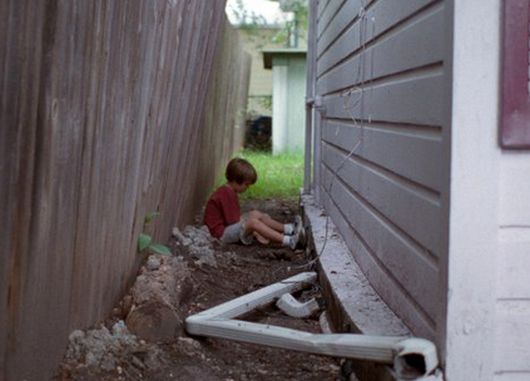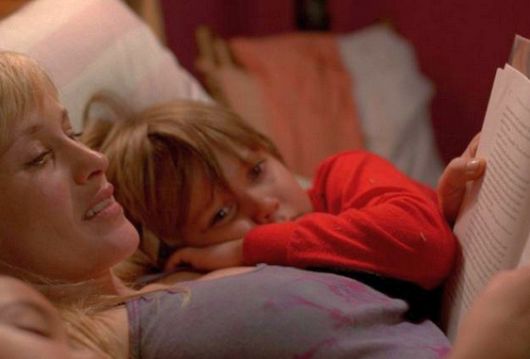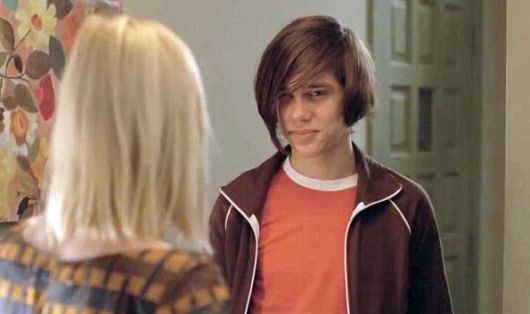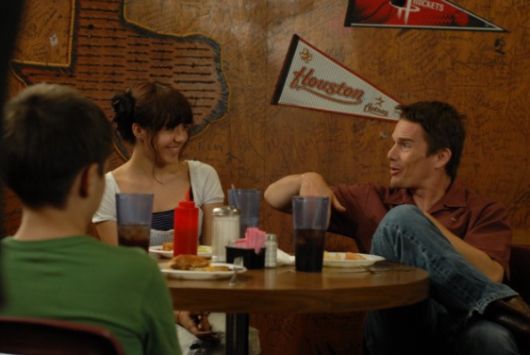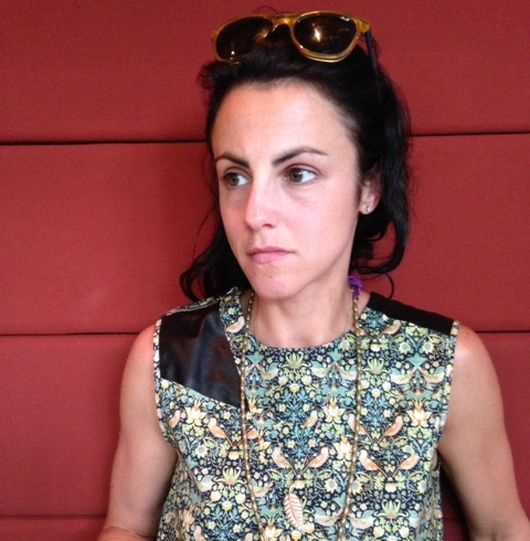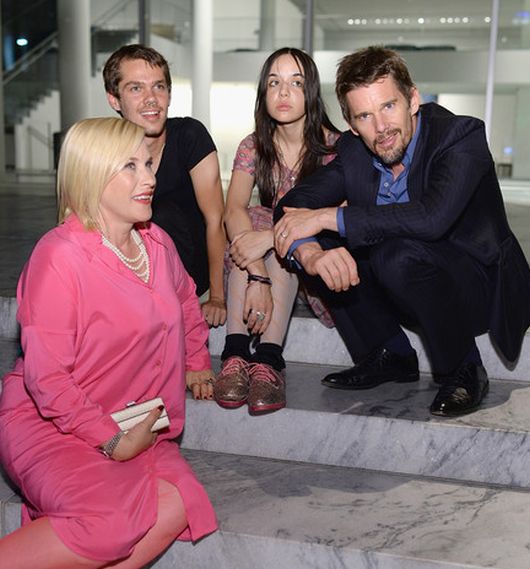 FILM
FILM In Which We Do Not Bake Cookies
 Friday, September 18, 2015 at 10:49AM
Friday, September 18, 2015 at 10:49AM 
Grandma and the Charisma of Old Age
by SARI EDELSTEIN
Grandma
dir. Paul Weitz
78 minutes
 Old ladies are having a moment. From the box-office to the bestseller list, women of a certain age are coming out of the woodwork. This is a remarkable shift for a culture that tends to ignore women over thirty. (Recall Maggie Gyllenhaal’s recent revelation about being too old, at 37, to play the love interest of a 55-year-old man.) If older women are typically rendered invisible and expected to practice what critic Kathleen Woodward calls the “pedagogy of mortification,” then this is certainly a moment of unusual prominence. From this summer’s Blythe Danner vehicle I’ll See You in My Dreams to the biopic Iris to the documentary Advanced Style, it has never been so cool, so interesting, to be an “older” woman.
Old ladies are having a moment. From the box-office to the bestseller list, women of a certain age are coming out of the woodwork. This is a remarkable shift for a culture that tends to ignore women over thirty. (Recall Maggie Gyllenhaal’s recent revelation about being too old, at 37, to play the love interest of a 55-year-old man.) If older women are typically rendered invisible and expected to practice what critic Kathleen Woodward calls the “pedagogy of mortification,” then this is certainly a moment of unusual prominence. From this summer’s Blythe Danner vehicle I’ll See You in My Dreams to the biopic Iris to the documentary Advanced Style, it has never been so cool, so interesting, to be an “older” woman.
One easy way to explain this trend is to read it as consolatory cinema for Baby Boomers, who have long grumbled about becoming seniors, extended midlife into the sixties, and even coined the term “new old age” to evade the prior terms of growing old. And yet, even if we can attribute this trend to a market eager to see themselves – and their age category – in appealing ways, these films nonetheless do some important cultural work; they ask us to reimagine growing older in creative ways and to see maturity as complex, fraught, and individual.
The new film Grandma is a strident critique of longstanding assumptions about old age. Grandma explodes the connotations attached to the cultural position of the grandmother. Played by Lily Tomlin, the eponymous grandma is Elle, an adjunct professor and lesbian poet, à la Eileen Myles. She wears a faded jean jacket and sneakers, drives her late partner’s antique car, and generally exudes an iconoclastic, devil-may-care attitude. In the film’s first scene, she ends a relationship with a much younger woman, underscoring the point that advanced age does not negate sexual desirability.

The plot is set in motion when her teenage granddaughter, Sage, shows up asking for money to pay for an abortion. Their names themselves are a cheeky reversal of age norms as well; the grandparent is not the Sage, but rather “Elle,” or “her,” the focus of our attention and the film’s subject. Elle has no savings and has cut up her credit cards, so they embark on a kind of lesbian-feminist quest narrative, driving the beat-up car to cafés and tattoo parlors, asking old friends and lovers to provide cash.
Typically, what drives a film is young romance, but Grandma quickly reveals its primary interest in Elle’s private life. Very early on, it is clear that the dalliance between Sage and her thuggish boyfriend is cliché, shallow, and unworthy of further attention. Instead, it is Elle’s relationships that take center stage: her grief over the death of her long-term partner, her ambivalence about a new relationship, even her apparently impulsive, brief first marriage to a man. Where older women have long been marginalized as sources of humor or wisdom, Grandma sidelines the younger characters, foregrounding Elle’s personal life as the more compelling. Indeed, the movie manages to call our attention to the sex life of a seventy-year-old woman even though it seems to be premised around a sexually active woman fifty years younger.

When old friends and lovers prove too impoverished or stingy to provide the needed funds, Elle and Sage have no choice but to ask Elle’s middle-aged mother/Sage’s estranged daughter (Marcia Gay Harden) for the money. A corporate type, she is walking at a treadmill desk and wearing a magenta skirt suit when Elle and Sage find her. The film seems to scoff at her conventionality. In fact, if Grandma liberates old women from tired stereotypes, it tends to reify other age categories in predictable ways: adolescence and middle age are rendered familiar and one-note.
The film’s feminist message extends beyond its mere act of making an old woman an appealing protagonist. It also offers an extended discussion, almost a tutorial, on abortion. After encountering violent protesters outside the clinic, Elle asks whether the procedure will involve a D&C, the doctor explains that she will use a vacuum because “we’re not in the dark ages anymore.” This scene is not only medically frank, but it highlights that abortions can take place in modern, clean facilities with kind doctors. We have, in other words, moved beyond the dangerous operation that Elle endured in her youth, and the film clearly wants to ensure that we continue to make such abortions available to women who need them.

Grandma ends with Elle walking, alone, at night, down a poorly lit urban street, exactly the kind of place where grandmas traditionally fear to tread. Like the film’s candid discussion of abortion, this final scene also upends the tacit rules that have elided and restricted the representation of female experience. And this scene emblematizes the film’s overall project: it enables us to envision old women beyond familiar, circumscribed scenarios, offering us instead a road story that resists closure, holding open multiple paths and possibilities for how to negotiate advanced age. Grandma is not really about family; it is definitely not about domesticity; and the only cookies in sight are store-bought.
Sari Edelstein is the senior contributor to This Recording. She teaches American literature at the University of Massachusetts-Boston. She doesn't tumbl or tweet.

"Fener" - Beirut (mp3)

 grandma,
grandma,  lily tomlin,
lily tomlin,  sari edelstein
sari edelstein 




































